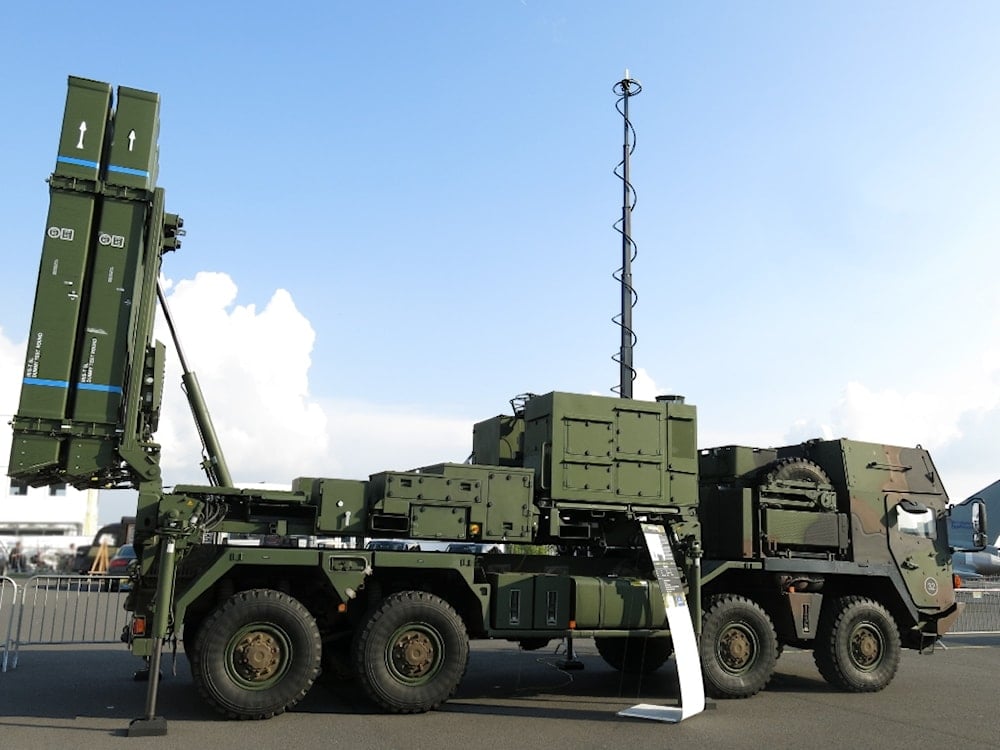Germany to deliver more IRIS-T systems, expand Ukraine arms aid
Germany is significantly expanding its military support to Ukraine by delivering additional IRIS-T and Patriot air defense systems, funding joint weapons production, and deepening its role in NATO coordination, drawing sharp warnings from Russia.
-

DIEHL launcher station 2x4 IRIS-T SL on MAN SX45 truck, ILA Berlin Air Show 2016 (Wikimedia Commons)
Germany is scaling up its military assistance to Ukraine with the planned delivery of 11 more IRIS-T SLM air defense systems, Ukrainian Ambassador Oleksii Makeiev confirmed to German broadcaster n-tv. These units are part of a broader procurement deal totaling 18 systems, seven of which are already operational on Ukrainian soil. The IRIS-T SLM systems are being deployed alongside the shorter-range IRIS-T SLS variants to reinforce Ukraine's layered air defense.
Although originally not intended to counter ballistic threats, Ukrainian forces have reportedly managed to use the IRIS-T SLMs to intercept ballistic missiles, according to Makeiev. The effectiveness of these systems has contributed to their growing prominence in Ukraine's defense strategy.
The expanded delivery falls under a wider German commitment made in 2024 to fund 24 IRIS-T complexes by 2026. In May 2025, Germany signed a €2.2 billion framework agreement to support further IRIS-T production, allowing for the flexible delivery of up to 10 fire units and hundreds of missiles based on Kiev's evolving needs.
Beyond the IRIS-T program, Berlin has also joined a US-led effort to deliver five Patriot air defense systems to Ukraine. Germany is reportedly in talks to directly purchase and supply the US-made systems to fill urgent gaps in Ukraine's long-range interception capabilities. German Defense Minister Boris Pistorius recently visited Washington to coordinate on this initiative and discuss expanded missile deployments in Europe.
Read more: US sending Patriot missiles to Ukraine via Germany: Trump
Germany's assistance extends beyond weapons transfers. In a strategic shift, Berlin is now supporting joint production with Ukrainian arms manufacturers to boost domestic output and improve delivery timelines. This industrial cooperation marks a significant step toward building long-term defense resilience in Ukraine.
Meanwhile, Moscow has sharply condemned the ongoing Western military aid. Russian Foreign Minister Sergey Lavrov reiterated his government's position, stating, "Any cargo containing weapons for Ukraine would become a legitimate target for Russia." He warned that NATO involvement through continued arms shipments is deepening the alliance's entanglement in the conflict.

 2 Min Read
2 Min Read











